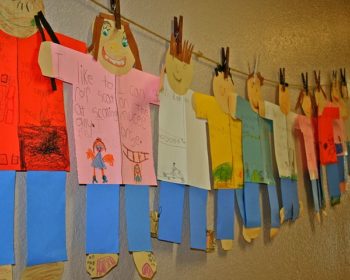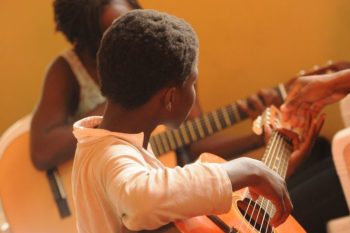Culturally Diverse Parenting
 Amy and Joe are madly in love with their baby daughter. They are full of dreams and aspirations for their daughter who they plan to raise in a traditional, two parent household. Joe is a 5th generation Californian with ancestors from Ireland and Germany. Amy is a third generation Japanese-American. Amy and Joe want their little girl to appreciate both of their cultures. Raising their daughter to enjoy a rich cross-cultural heritage can be enhanced when considering the following: [Read more…]
Amy and Joe are madly in love with their baby daughter. They are full of dreams and aspirations for their daughter who they plan to raise in a traditional, two parent household. Joe is a 5th generation Californian with ancestors from Ireland and Germany. Amy is a third generation Japanese-American. Amy and Joe want their little girl to appreciate both of their cultures. Raising their daughter to enjoy a rich cross-cultural heritage can be enhanced when considering the following: [Read more…]

Joyce Iwasaki has over thirty years of educational experience working with diverse students in grades from preschool through high school. Joyce’s extensive background includes teaching elementary school, serving on early childhood advisory boards, and advocating for educational initiatives as a legislative aide. During her tenure as a legislative aide, she helped create legislation that allowed incarcerated mothers to keep their newborn babies with them while in prison. Additional legislation was enacted to allow incarcerated pregnant mothers to remain unshackled during labor and delivery. Ms. Iwasaki established and served as the president of an educational scholarship foundation for fifteen years. Her foundation awarded college scholarships to emerging student leaders who provided service to their schools and communities. Joyce is active in performing arts and cultural organizations. She also provides ongoing support to her daughter and family by raising her grandson in her home.
 Over the years, my kids and I have participated in a number of community service opportunities as a family. Whether it be collecting canned goods for the local food pantry, cleaning up a local school, or raising money for animal conservation, there are a number of excellent activities suited for children. The experience of serving others and the world at large have given my children a perspective about their place in the world, namely that even though they are young, children can still make a difference.
Over the years, my kids and I have participated in a number of community service opportunities as a family. Whether it be collecting canned goods for the local food pantry, cleaning up a local school, or raising money for animal conservation, there are a number of excellent activities suited for children. The experience of serving others and the world at large have given my children a perspective about their place in the world, namely that even though they are young, children can still make a difference.
 The Three-Hour Grandma Play Dates!
The Three-Hour Grandma Play Dates!
 The school year is already halfway over. Parents are meeting with teachers to discuss their children’s academic needs and summer tutoring programs. Camps and academic-based programs are already registering kids for summer programs. It can become overwhelming when trying to decide what is best for your child’s personal growth and recreational fulfillment. Listed below are guidelines to consider when selecting summer activities:
The school year is already halfway over. Parents are meeting with teachers to discuss their children’s academic needs and summer tutoring programs. Camps and academic-based programs are already registering kids for summer programs. It can become overwhelming when trying to decide what is best for your child’s personal growth and recreational fulfillment. Listed below are guidelines to consider when selecting summer activities:  taking is a measurement of growth from one academic year to the next. For more details about growth mindset, check out the work by Carol Dweck.
taking is a measurement of growth from one academic year to the next. For more details about growth mindset, check out the work by Carol Dweck.